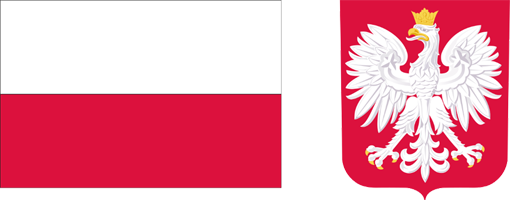Current issue
Archive
About the Journal
Aims and Scope
Advisory Board
Members of the Editorial Board
List of reviewers
Publishing process
Publishing Ethics and Malpractice Statement
Personal data protection (GDPR)
Creative Commons License
CrossRef Member / Similarity Check
For Authors
Call for papers
Guidelines for authors
Submitting a manuscript through the editorial system – step by step
For Reviewers
Peer review process
Guidelines for reviewers
Submitting a review – step by step
Contact
RESEARCH PAPER
AGRICULTURE AND THE EUROPEAN GREEN DEAL
1
Instytut Ekonomiki Rolnictwa i Gospodarki Żywnościowej – Państwowy Instytut Badawczy
Submission date: 2020-10-02
Final review date: 2020-10-12
Acceptance date: 2020-12-21
Publication date: 2020-12-22
Zagadnienia Ekonomiki Rolnej / Problems of Agricultural Economics 2020;365(Special Issue 4):156-179
KEYWORDS
TOPICS
Agricultural economics and policyRural areas developmentSustainabilityEnvironment protectionClimate changes
ABSTRACT
Growing environmental and climate problems are forcing the search for effective
solutions to economic activity, including agriculture. The popularization
of relevant production practices and techniques is of great importance in
this regard. The direction of European agriculture is of particular
importance
for solving environmental and climate problems. For years, strategies or sustainable
development programs have been implemented, which, despite initiating
the desired direction of changes, are still insufficient in terms of perceived
needs. In December 2019, the European Commission
issued a communication
on the European Green Deal strategy, which was intended to launch further
international action to achieve ambitious climate and environmental targets.
The aim of the paper is to present the main issues related to the implementation
of the European Green Deal strategy, including agriculture, and to outline
the challenges facing it. The study used a review of literature and legal acts.
The results of the study indicated the appropriateness of seeking further economic
solutions consistent
with the European Green Deal strategy. The goals
included in the European Green Deal are very ambitious and will require a complex,
multi-threaded approach to agricultural policy and a change in the attitude
of farmers, i.e.. greater consideration of non-production aspects of their
activity,
in particular in the field of environmental protection. At the same time,
the European Green Deal should be assessed in a much broader sense than
in terms of environmental requirements. The holistic nature of this document
makes it a step towards building a new economy that takes into account the noneconomic
consequences of the actions taken.
Share
RELATED ARTICLE
We process personal data collected when visiting the website. The function of obtaining information about users and their behavior is carried out by voluntarily entered information in forms and saving cookies in end devices. Data, including cookies, are used to provide services, improve the user experience and to analyze the traffic in accordance with the Privacy policy. Data are also collected and processed by Google Analytics tool (more).
You can change cookies settings in your browser. Restricted use of cookies in the browser configuration may affect some functionalities of the website.
You can change cookies settings in your browser. Restricted use of cookies in the browser configuration may affect some functionalities of the website.



